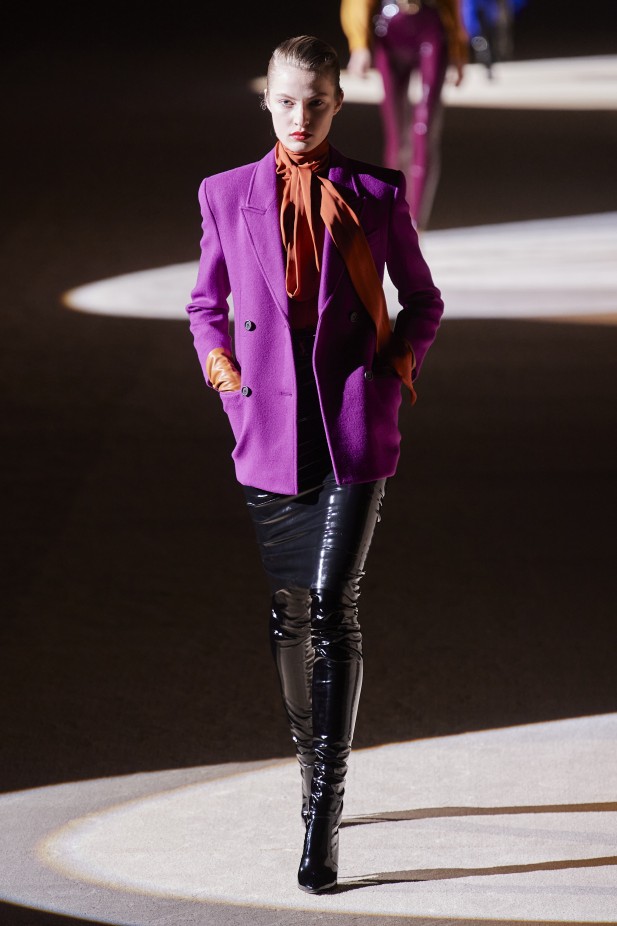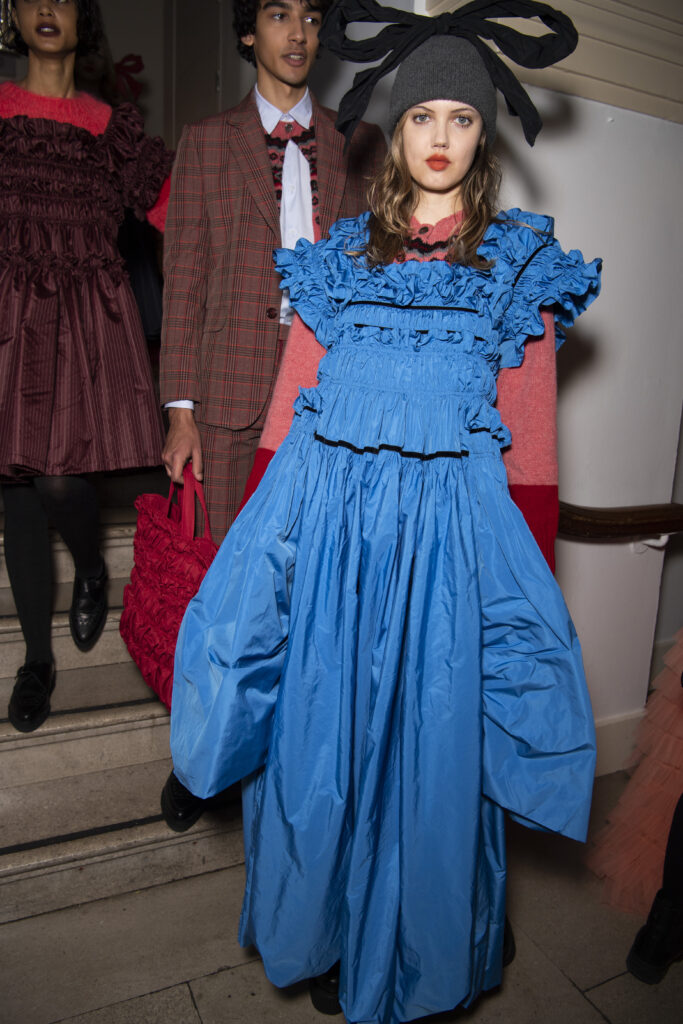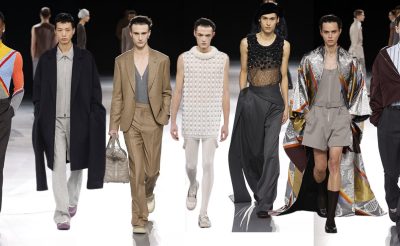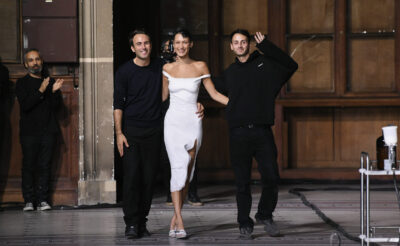The coronavirus pandemic has had a huge impact across society, but will it change the fashion industry forevermore?
Earlier this week, Saint Laurent set the precedent for post-coronavirus fashion when the house removed itself from the official Fashion Week calendar. In response to the current crisis dominating the world, Saint Laurent has decided to “take control of its pace and reshape its schedule.” Sending a message to other luxury houses, the brand will now follow its own calendar and “launch its collections following a plan conceived with an up-to-date perspective, driven by creativity,” the house revealed via Instagram.
Although it is still unclear how this new format will work for Saint Laurent — it could include digital presentations, trunk shows or more intimate events — it was welcome news among those who consider the fashion industry’s seasonal structure as dated, wasteful and in need of change. Saint Laurent could echo the work of Tunisian-born couturier, Azzedine Alaïa, who left the fashion show calendar in 1992 to present collections on his on terms, at his own pace; or the brand more form an entirely new way fashion experience.

Saint Laurent’s AW20 show could be the final PFW presentation for the house
After almost 70 years, is it the end of fashion week as we know it? The cancellation of 2020 cruise shows, the men’s shows in June and haute couture week in July, has forced the industry to revaluate its format.
This enforced Covid-19 pause has given us all time to reflect and consider change, as many industry insiders are now questioning if the spring/summer 2021 season will go ahead at all. And if doesn’t, what will this mean for fashion? It will certainly be a different scenario to what we’re accustomed to — and this will inevitably impact shopping habits.

Molly Goddard’s AW20 show at LFW showed both women and
Last week, the British Fashion Council announced a new digital version of London Fashion Week, which will occur during the previously scheduled dates for the Men’s Fashion Week in June. The LFW digital platform will be gender-agnostic — featuring menswear, womenswear and genderless labels, and could showcase collections via digital lookbooks, virtual showrooms, podcasts and brand videos.
A step forward for those championing change — and sustainability — the new digital imprint marks the first of its kind for one of the key fashion cities and could therefore, set the tone for future fashion weeks. With regular fashion shows cancelled for the foreseeable future, and the industry currently focused on helping the coronavirus frontline — turning factories and studios into production lines for medical supplies — the future of fashion has never been so uncertain, but if there was ever a time to reassess the way the industry operates, it’s now.
Read Next: The Brands Helping to Combat Coronavirus



